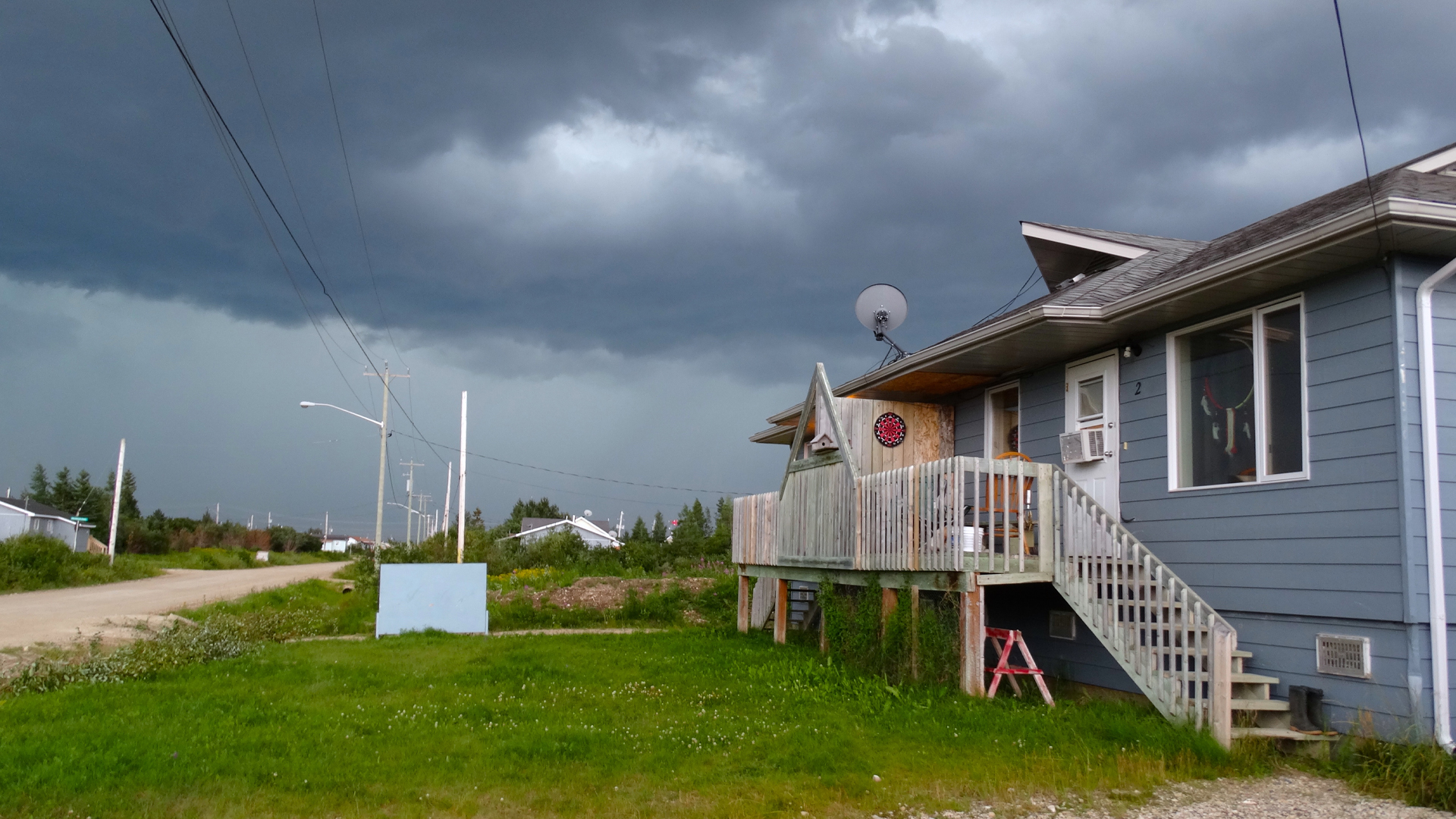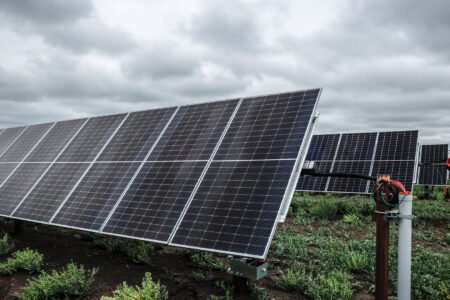
A recent report by Canada’s Commissioner of the Environment and Sustainable Development Jerry DeMarco declaring that the federal government has been “the worst performer of all G7 Nations” since 2015 for reducing greenhouse gas emissions offers additional evidence that we cannot “kick the can” down the road on climate change any longer.
In his statement on the speech from the throne, Prime Minister Justin Trudeau vowed to “go further and move faster on climate action,” while also moving to “close the gaps that far too many First Nations, Inuit, and Métis communities still face today and build a better and more equitable future.”
Our First Nations-governed non-profit financial institution, the First Nations Finance Authority (FNFA), believes that there is a way to make progress on climate change and reconciliation now at an annual cost that’s less than many Canadians might think.
One of the many goals that the federal government has set in its climate plan is to end the reliance on diesel fuel in remote communities by the year 2030. While some progress has been made, there are still almost 300 First Nations, Inuit, Métis and remote northern communities that rely on diesel to power their homes, schools, public buildings and workplaces.
Diesel is a dirty fuel that has potentially serious health effects on those exposed to its exhaust.
Research by the Pembina Institute shows the extensive downside of diesel. Transporting it can lead to spills that cause environmental degradation. Running diesel generators is also exceedingly expensive and unreliable and often leaves people shivering in the dark because of blackouts. It increases “fuel poverty,” which occurs when households are spending more than 10 per cent of their household budgets to heat their homes and keep the lights on.
How Canadian policies can enable Indigenous economic development
Indigenous consultations must be better integrated into Ontario policy
Although some progress has been made to reduce reliance, the Pembina Institute estimates remote communities burn almost 700 million litres of diesel and other fossil fuels per year to produce electricity and heat.
The up-front costs of installing diesel generators may be lower than alternatives but the ongoing costs are far more expensive and, in First Nations communities, paid by the federal government through Indigenous Services Canada. This includes operating and maintaining the generators as well as the cost of transportation and fuel.
While there seems to be agreement among scientists, Indigenous communities as well as the Trudeau government that Canada needs to end its dependency on diesel, the problem is, of course, money. Where do we find the funds to connect these communities to the cleaner, more reliable power that most Canadians take for granted, whether it’s connecting to an existing power grid or an innovative technology that involves wind, solar, tidal, biomass or small-scale electric?
The FNFA is proposing a rethink of how Indigenous infrastructure is funded, and we believe there is a way to begin replacing diesel now rather than in some distant timeline down the road.
Our proposal, called “monetization,” offers an alternative to the federal government’s “pay as you go” funding model for First Nations, which is pretty much as old as the Indian Act itself.
Monetization works like a mortgage. Most people do not save up the full cost of a home before they buy it. They put down a down payment and assume a mortgage to pay their house off over time. The same concept would apply to monetizing the funds required to finance the cost of converting communities from diesel to other forms of energy.
For example, $58 million per year in federal funding leveraged over 10 years could unlock $500 million in funds to begin our efforts to end diesel dependency for between 15 and 25 First Nations communities.
The FNFA would monetize the annual $58 million in federal funding by issuing debentures on international capital markets to raise the $500 million at today’s low interest rates, while the federal government would cover annual principal and interest charges.
These annual payments by Canada monetized through our non-profit institution would be offset to a significant degree by savings on the annual costs of burning diesel. Only those First Nations that currently rely on diesel and have a viable and costed alternative generation model would receive the funding.
It’s good for the environment, but it also makes sound economic sense to start building the infrastructure now at today’s costs, at today’s lower interest rates, rather than waiting another decade or so to wean communities off diesel when inflation would only drive the capital costs higher. Contracts can include requirements to ensure the infrastructure is adequately maintained throughout the life of the contracts.
There is also another major economic upside to monetization ─ getting the work started now on diesel alternatives could create jobs and other spinoffs in communities that have been hard hit by the ongoing COVID-19 epidemic. As the Pembina Institute puts it: “Achieving the clean energy transition requires wide collaboration; Indigenous community leaders can leverage economic opportunities on the path to energy security.”
Our Indigenous-led-and-governed institution is well positioned to take on a pilot project for those First Nations that want to take this step to end diesel dependency once and for all.
The FNFA has provided $2 billion in low-interest loans to First Nations since its creation by an act of Parliament in 2005. We have never had a default and we recently received a two-notch upgrade to Aa3-Stable from Moody’s Investor Service.
There is a massive $30-billion infrastructure gap between First Nations and other Canadians, which means we need to build homes, schools, community centres and economic development projects that will improve quality of life. Provinces and municipalities often issue debentures to finance critical infrastructure over time. Now is the time to offer the same type of financing to First Nations communities.
We believe that our monetization program has the potential to be a game changer that could contribute toward reconciliation while also bringing immediate help in the fight against climate change.












